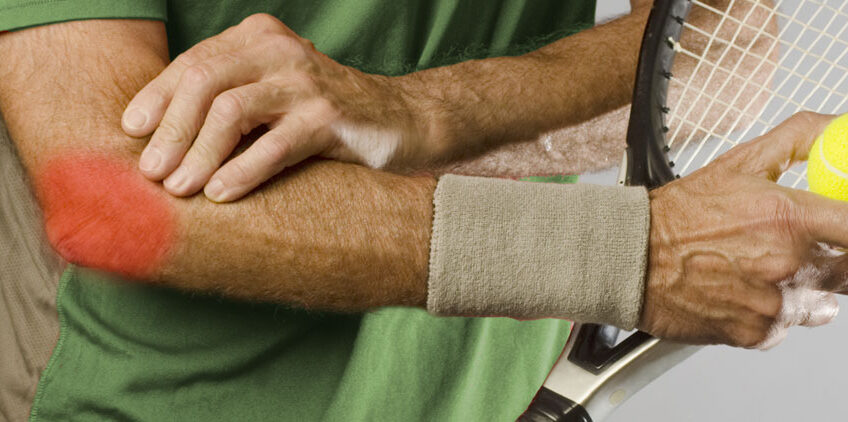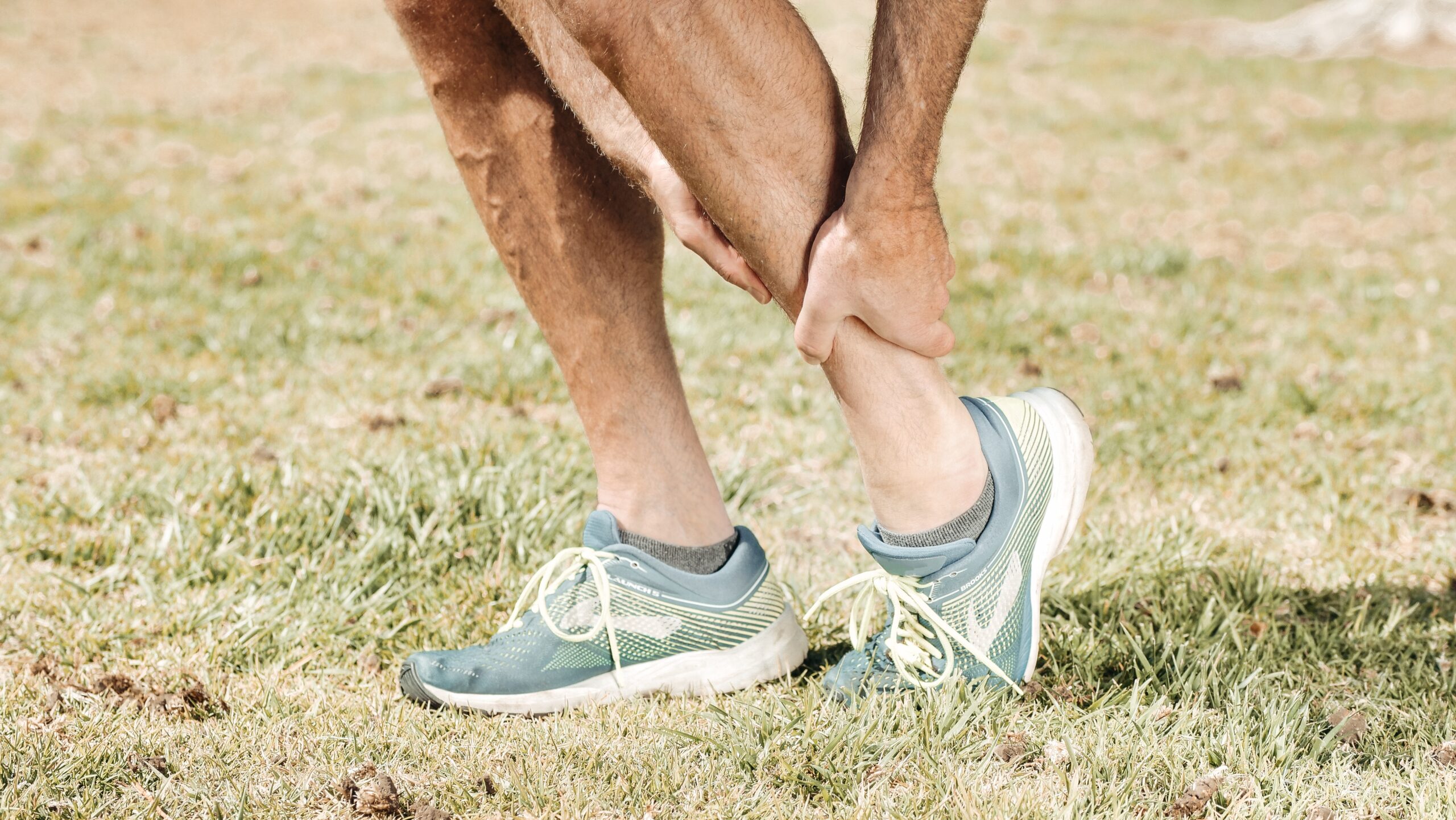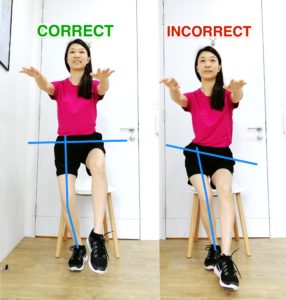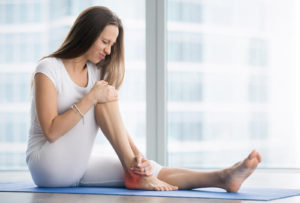
All You Need To Know About Tennis Elbow!
Did you know that Tennis Elbow affects over 50% of tennis players? Research suggests that the best way to treat tennis elbow is with physiotherapy under a progressive and controlled loading exercise programme that is catered specifically for your needs. These types of programme causes the tendon to undergo gradual loading movements, which helps to stimulate the healing process by changing the tendon tissue structure, eventually leading to repair.
Read more



